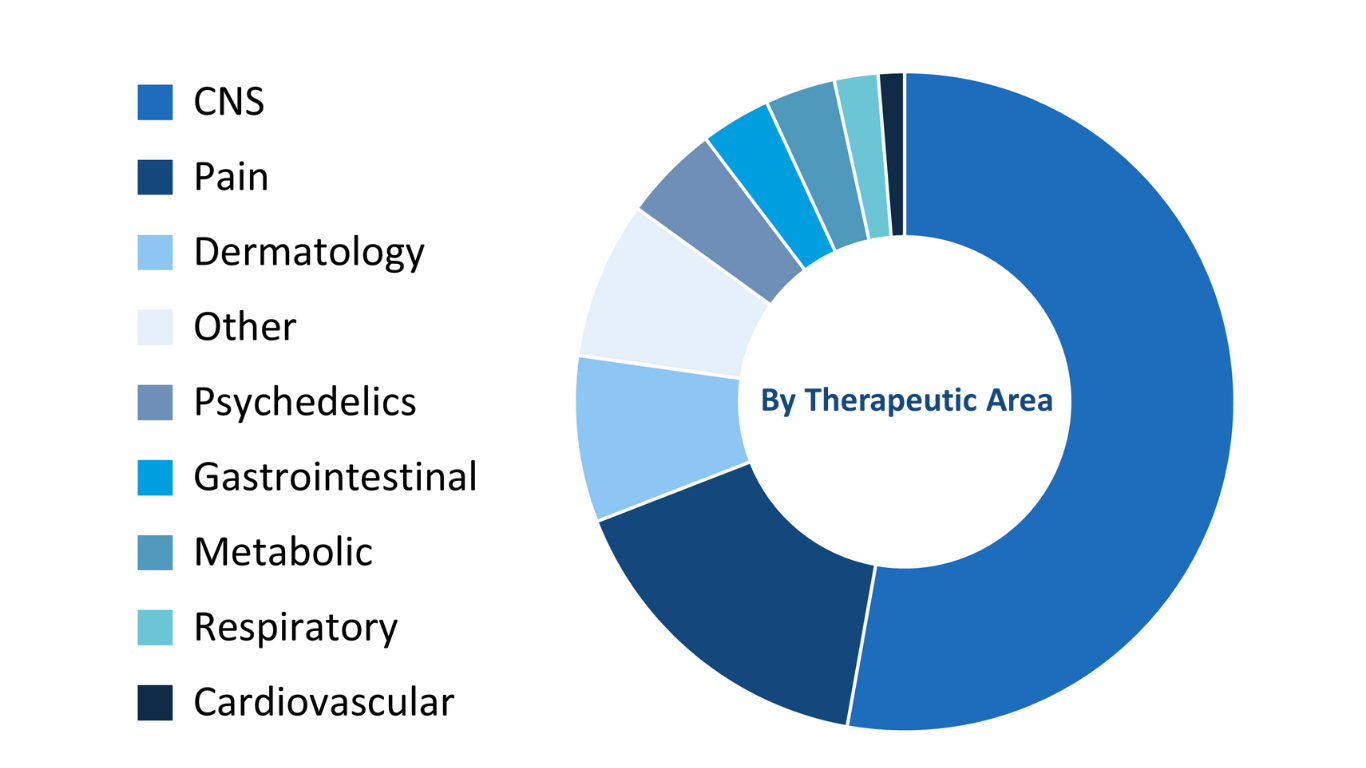Biometrics
Data Management
MAC’s Data Management team is involved in all aspects of collecting and processing clinical data, utilising fully integrated applications and systems, and aligning with our clinical teams on all aspects of study delivery. We offer a flexible, bespoke service, and routinely implement changes quickly to reflect protocol amendments during the study. All processes are 21 CFR Part 11 compliant and adhere to the highest quality measures, applying CDISC standards in our data reporting activities.
We provide collaborative oversight by a dedicated Data Manager for your study, who offers support for:
- Source document preparation
- Integrated RTSM, ePRO, and eConsent design and development
- eCRF design and development
- Database build and testing
- Creation, development and maintenance of all study documents specific to data management
- Online training for all clinical database users
- Discrepancy management preparation and testing
- Medical dictionary coding (WHODRUG and MedDRA)
- SAE reconciliation
- External data reconciliation with our vendor management team
- Quality control
- Database lock

Biostatistics and SAS Programming
The Statisticians and Programmers at MAC Clinical Research share their broad industry experience in all phases of clinical trials, across all therapeutic areas. Our SAS® Programmers apply CDISC SDTM standardisation and CDISC ADaM standards to create CDISC-compliant tabulation and analysis datasets, while using SAS as the primary tool for statistical analysis.
Our staff are focused on identifying optimal study design, efficacy measures, and standard reproduceable outcomes.
Industry-leading, experienced, biostatisticians oversee and support regulatory document production, and provide input into submissions, including:
Expert statistical input includes study design, sample size calculations, statistical methods, and consultancy advice during the study set-up phase.
We routinely analyse pharmacokinetic (PK) and pharmacodynamic (PD) data to support early clinical decision-making. Blinding is fully protected by carefully limiting outputs, and engaging statisticians and SAS programmers independent of the study team.
This type of study design allows for modifications to the trial and statistical procedures after their initiation, without undermining data validity and integrity. The purpose is to enhance clinical trials’ flexibility and efficiency, thus accelerating achievement of study endpoints.
Preparation of a SAP, including template representative output shells.
This involves re-mapping and decoding raw datasets in CDISC-compliant SDTM tabulation datasets, and preparation of Analysis Data Model (ADaM) datasets and related files, for FDA submission using SAS. Our comprehensive quality control procedures, including independent, dual programming, ensure that we deliver the highest quality outputs every time.
All outputs are prepared using SAS and comply with our quality control procedures to ensure delivery of quality outputs.
Engaging DSMBs allows us to expedite decision-making and offer early statistical outcomes.
We can support and advise on randomisation strategy in complex studies and produce randomisation schedules and emergency unblinding services.
Medical Writing
The success of a clinical development program depends on the proper documentation of research plans and results. Our dedicated Medical Writing team is responsible for producing the required documentation for study start-up, and for interpreting the complex data produced during clinical trials into accurate, understandable, and compliant documents for submission to regulatory authorities.
All our reports and associated Medical Writing deliverables are routinely checked for quality control purposes, and peer-reviewed as part of our standard process. This approach ensures harmonisation of documents across the submission process. We comply with all industry and regulatory standards, ensuring that all reports meet or exceed your requirements.
MAC’s Medical Writers support, oversee, and provide input into:
Medical Writers ensure that all protocols are developed and designed according to ICH-GCP requirements.
The IB provides the study Investigator and other clinical staff with background information about the Investigational Medicinal Product (IMP) to ensure that the study protocol is implemented independently and without bias.
Clear evidence must be obtained showing that the participant has given informed consent to take part in the study. Following GDPR implementation, the Medical Writer is responsible for preparing the ICF for participants to sign and indicate their consent in an “unambiguous and clear affirmative action” (an “opt-in”). Our standards have been adapted to comply with this requirement.
Our staff support the reporting requirements for DSMBs, pivotal to monitoring the safety of a clinical trial.
We routinely support the preparation and finalisation of the CSR along with our additional clinical activities.
This optional service adds further breadth in supporting publications and the presentation of data and trial outcomes at conferences.







